
Construction Disruptions
During ongoing construction on campus, some routes and parking areas will be closed. In particular, the lot closest to …


El inglés es el idioma de control de esta página. En la medida en que haya algún conflicto entre la traducción al inglés y la traducción, el inglés prevalece.
Al hacer clic en el enlace de traducción se activa un servicio de traducción gratuito para convertir la página al español. Al igual que con cualquier traducción por Internet, la conversión no es sensible al contexto y puede que no traduzca el texto en su significado original. NC State Extension no garantiza la exactitud del texto traducido. Por favor, tenga en cuenta que algunas aplicaciones y/o servicios pueden no funcionar como se espera cuando se traducen.
Inglês é o idioma de controle desta página. Na medida que haja algum conflito entre o texto original em Inglês e a tradução, o Inglês prevalece.
Ao clicar no link de tradução, um serviço gratuito de tradução será ativado para converter a página para o Português. Como em qualquer tradução pela internet, a conversão não é sensivel ao contexto e pode não ocorrer a tradução para o significado orginal. O serviço de Extensão da Carolina do Norte (NC State Extension) não garante a exatidão do texto traduzido. Por favor, observe que algumas funções ou serviços podem não funcionar como esperado após a tradução.
English is the controlling language of this page. To the extent there is any conflict between the English text and the translation, English controls.
Clicking on the translation link activates a free translation service to convert the page to Spanish. As with any Internet translation, the conversion is not context-sensitive and may not translate the text to its original meaning. NC State Extension does not guarantee the accuracy of the translated text. Please note that some applications and/or services may not function as expected when translated.
Collapse ▲
During ongoing construction on campus, some routes and parking areas will be closed. In particular, the lot closest to …
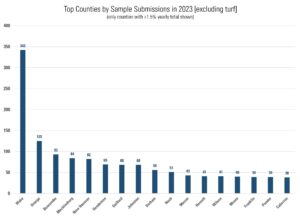
We’ve finally analyzed our 2023 samples and results, and we’re excited to share them! In total the Plant Disease and …

Due to to changes in University policy, we will no longer be able to accept cash payments for our …

If you’ve been listening to the news lately, I’m sure you’re aware this is a special year for our …
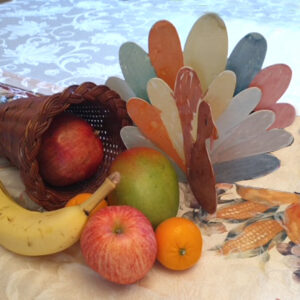
The NC State Plant Disease and Insect Clinic will be closed Thursday and Friday, November 23-24, 2023 for the …
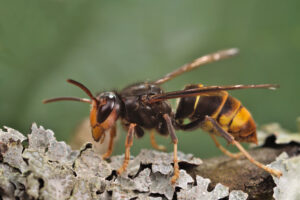
As if we needed another large wasp to strike fear in residents of the US, the state of Georgia …

Construction of the Integrative Sciences Building will result in a multi-year closure of a portion of Stinson Dr. As …

Effective July 1, 2023, the NC State Turfgrass Diagnostics Lab will initiate some new policies and changes. We are excited …
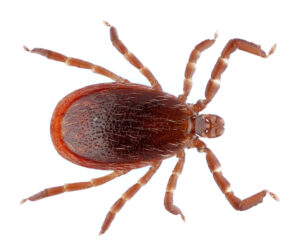
As outdoor season begins to ramp up, one unfortunate side effect is more encounters with ticks. These blood-sucking arthropods …
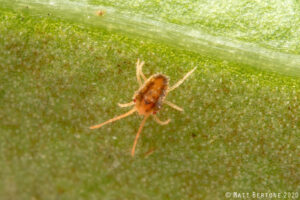
Note: This post was originally published March 2021, and updated March 2023 Insects and other arthropods are feeling the warm …
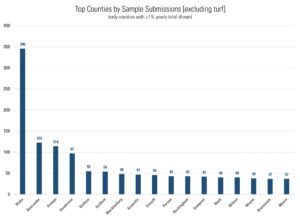
OK I know it’s March, so I am going to blame a warm early season this year for our …
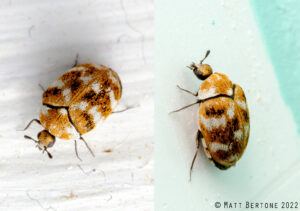
You may be noticing numerous, small (~2-3 mm), round critters crawling along window sills lately — I know I …
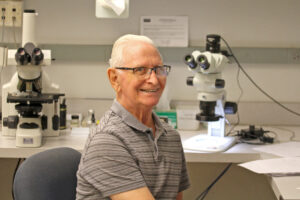
It is with immense gratitude that we wish the remarkable Dr. Charles “Chuck” Hodges a very happy “second retirement”. …
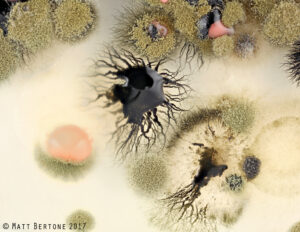
Beginning January 17th, 2023, the NC State Plant Disease and Insect Clinic (PDIC) will no longer be providing identification …
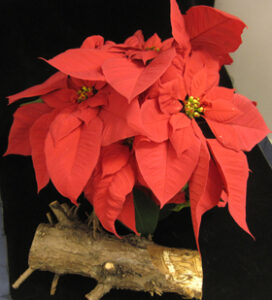
The NC State Plant Disease and Insect Clinic will be closed Thursday and Friday, November 24-25, 2022 for the …
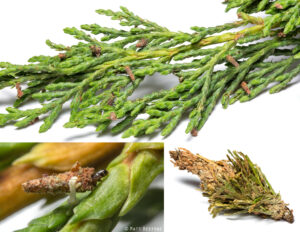
An Identification and Decision Guide to Cypress Problems is now available on the NC State Plant Disease and Insect …
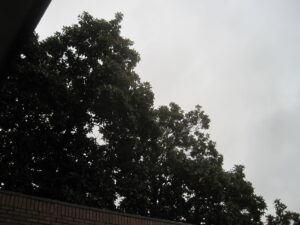
With the effects of Hurricane Ian expected to be strongest from noon to 8 p.m. today, the Plant Disease …
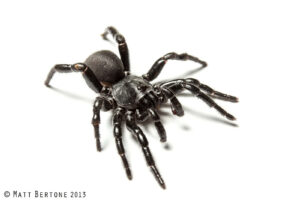
I’ve been getting a few emails and calls about large, menacing-looking black spiders that are often confused for exotic, …
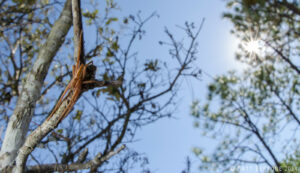
We’ve been getting a lot of inquiries about spiders hanging around and coming inside homes lately. Some have …
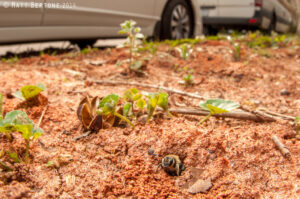
As the weather warms up, insects and other animals are becoming more active. I wrote the other day about …